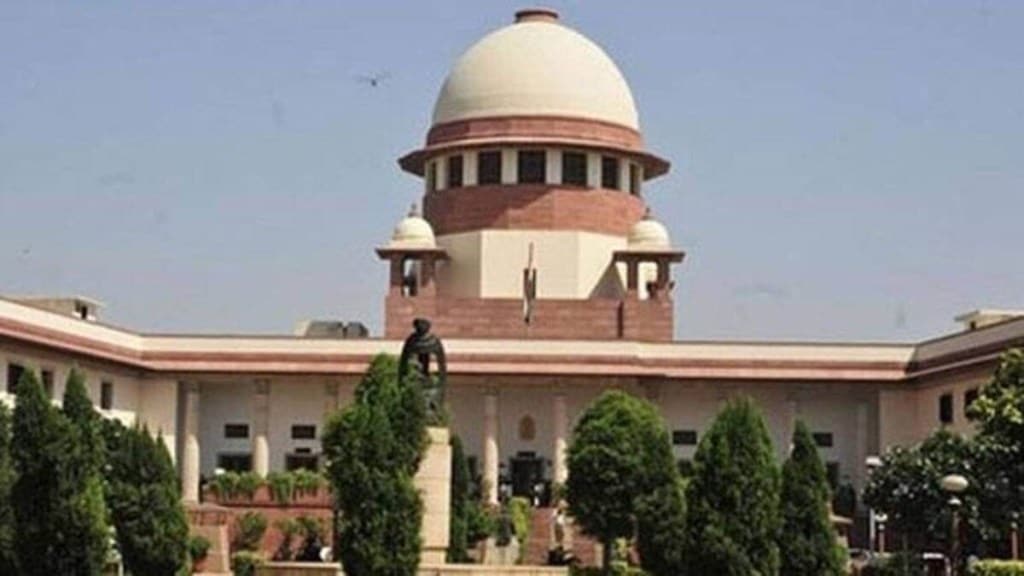The Supreme Court has ordered the Basavaraj Bommai-led BJP government in Karnataka to keep its decision to do away with the four per cent Muslim reservation in abeyance till May 9 after the state sought time to file its reply.
A bench of Justices KM Joseph and BV Nagarathna said the earlier regime of four percent quota to Muslims will continue to hold field till May 9, when the matter will be heard next, without any prejudice to the contentions to be raised by the state government, reported news agency PTI.
Appearing for the state government, Solicitor General Tushar Mehta told the bench that the affidavit is ready. “However, today, I am before the Constitution bench. Can this be taken up next week?” He added that his earlier assurance that no appointment or admission was going to be made on the basis of the impugned government order till the next date of hearing.
Taking severe objection to Mehta’s request, senior advocate Dushyant Dave said that it is a matter of great importance and concerns the rights of a socially and educationally backward community. When the law officer suggested that the matter be listed on Tuesday, May 9, Dave protested, by saying, “That is too late. One more adjournment and the summer vacation will start.”
Dave also pointed out that Mehta’s assurance was of no use to them as the reservation for Muslims has been scrapped altogether. “It has been brought to zero. The Solicitor-General’s statement only says that they would not make any new admissions or appointments on the basis of the recent government order. Only if they say that as per the 2002 notifications, the quota will continue, we will not have a problem.”
The court was hearing a plea challenging the Karnataka government’s decision to scrap the four per cent quota for Muslims in the state.
Ahead of the Karnataka Assembly polls, the state government had scrapped the nearly three-decade-old four per cent reservation for Muslims in the Other Backward Classes (OBC) category and divided it equally among the Lingayats and Vokkaligas, two dominant land-owning communities in the state, at 2 per cent each.
The state government’s decision came under the scrutiny of the Supreme Court on April 13. The top court questioned the government order and said prima facie it appeared to be on a “highly shaky ground” and “flawed”.
The state government had then assured the apex court that it will put on hold its March 24 orders by which it had given reservations in admission to educational institutions and appointment in government jobs to the two communities, till the next date of hearing.

